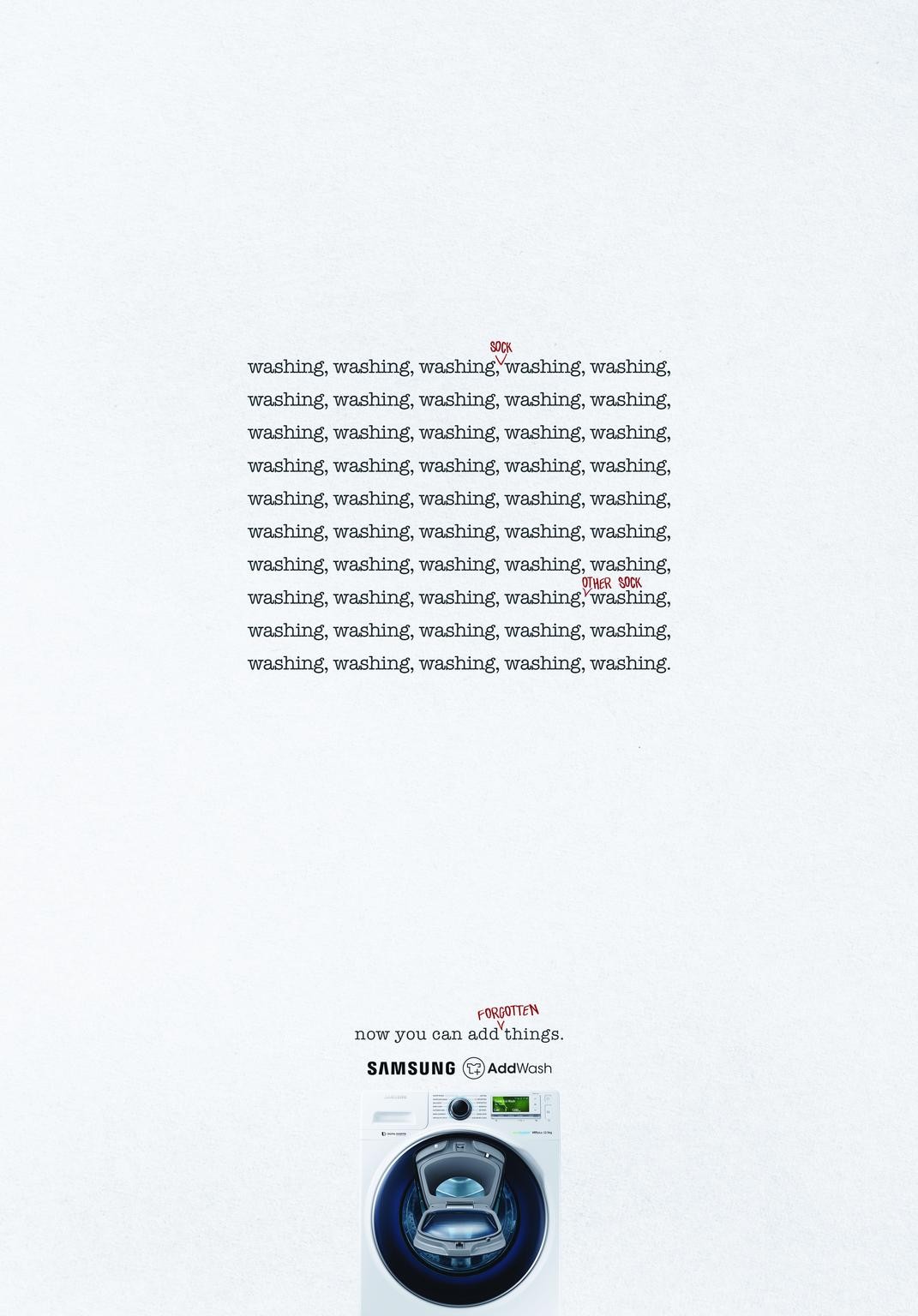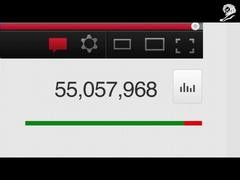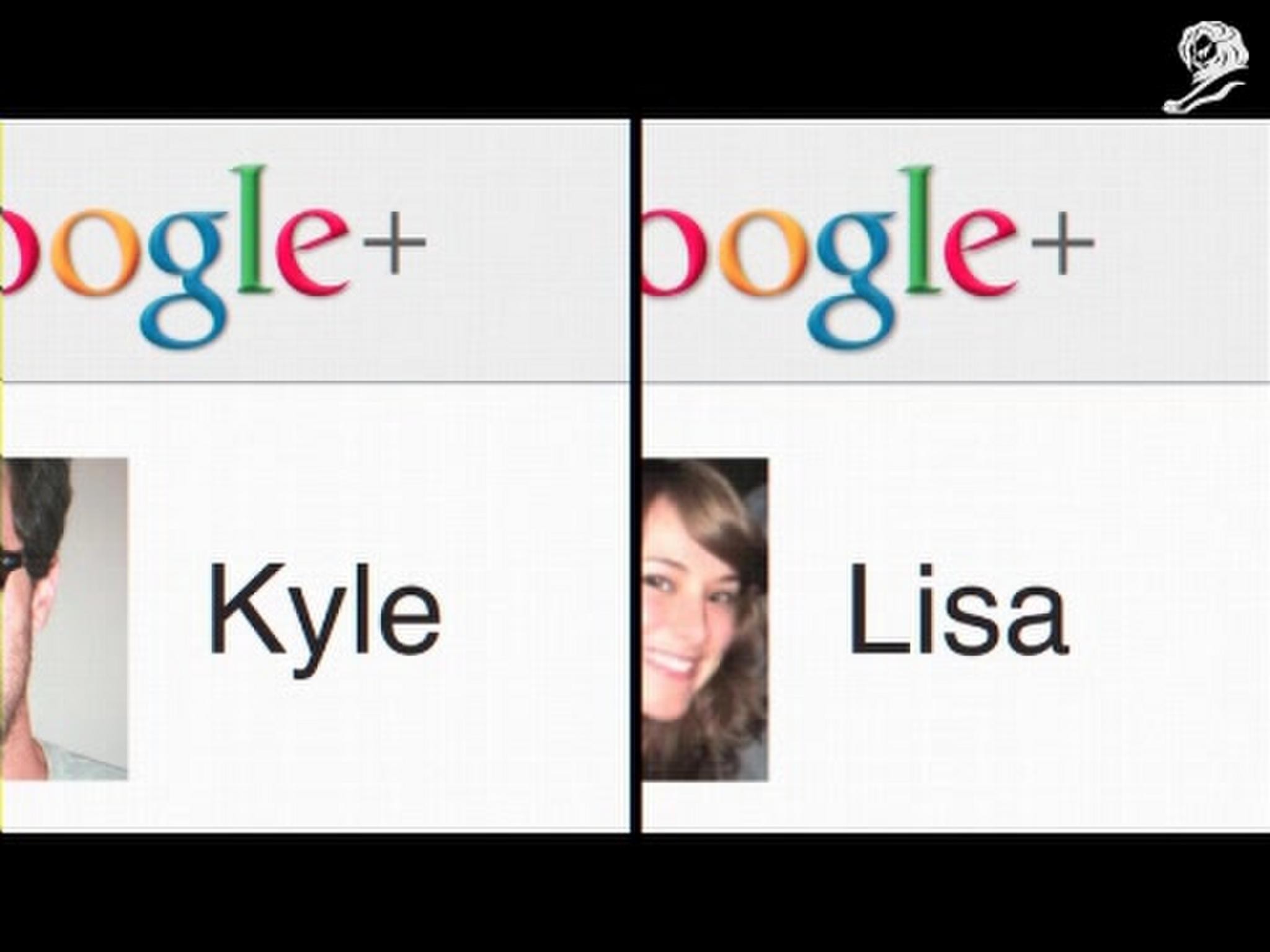Cannes Lions
Google DeepMind AlphaGo
GOOGLE DEEPMIND, London / GOOGLE / 2016
Awards:
Overview
Entries
Credits
OVERVIEW
Description
So far computer Go programs have only been able to play at an amateur level. During research, AlphaGo won over 99% of games against the strongest other Go programs. But the first test was to beat a professional human player, Fan Hui, the European Champion. AlphaGo won 5-0, the first time a Go program as ever beaten a professional player.
The results were published on the cover of Nature in February 2016, one of the most prestigious science journals in the world. The research community was flummoxed with words like “historic”, “breakthrough”, “milestone” the key descriptors.
The ultimate challenge was then to play Lee Sedol, the best Go player of the past decade in his hometown of Seoul, South Korea. Google DeepMind arranged a five match tournament attended by dignitaries, press and photographers and livestreamed to millions around the world. The underdog, AlphaGo, won the series 4-1, an AI milestone.
Execution
Traditional AI methods—which construct a search tree to calculate all possible positions—can’t scale to beating Go experts as there are too many possible positions.
DeepMind instead took inspiration from how the brain works and the neural networks that help humans make decisions. AlphaGo combined an advanced search tree with two neural networks. The “policy network” predicts the next move, and is used to narrow the search to consider only the moves most likely to lead to a win. The “value network”, is used to reduce the depth of the search tree and estimate the winner in each position.
AlphaGo was then trained on 30 million human expert moves. But the goal was to beat the best human players, not just mimic them. So AlphaGo learned to discover new strategies by playing thousands of games between its neural networks, and adjusting the connections using a trial-and-error process known as reinforcement learning.
Outcome
A milestone in Artificial Intelligence research has been reached.
280 million viewers tuned in on YouTube and on TV around the world; 35,000 news articles were published and the tournament generated a surge of interest in Go as people were inspired to take up the ancient game. Commentators, famous scientists and other professional players commented on the many unprecedented, creative, and even “beautiful” moves that AlphaGo made.
Unlike previous computer programs like Deep Blue that have been trained to play popular games, AlphaGo was not built specifically to play Go. So the hope is that in the future, these methods could be extended to help society with other problems, from making our phones smarter, to helping scientists tackle some of the world’s biggest challenges from climate modelling to complex disease analysis.
Similar Campaigns
12 items







